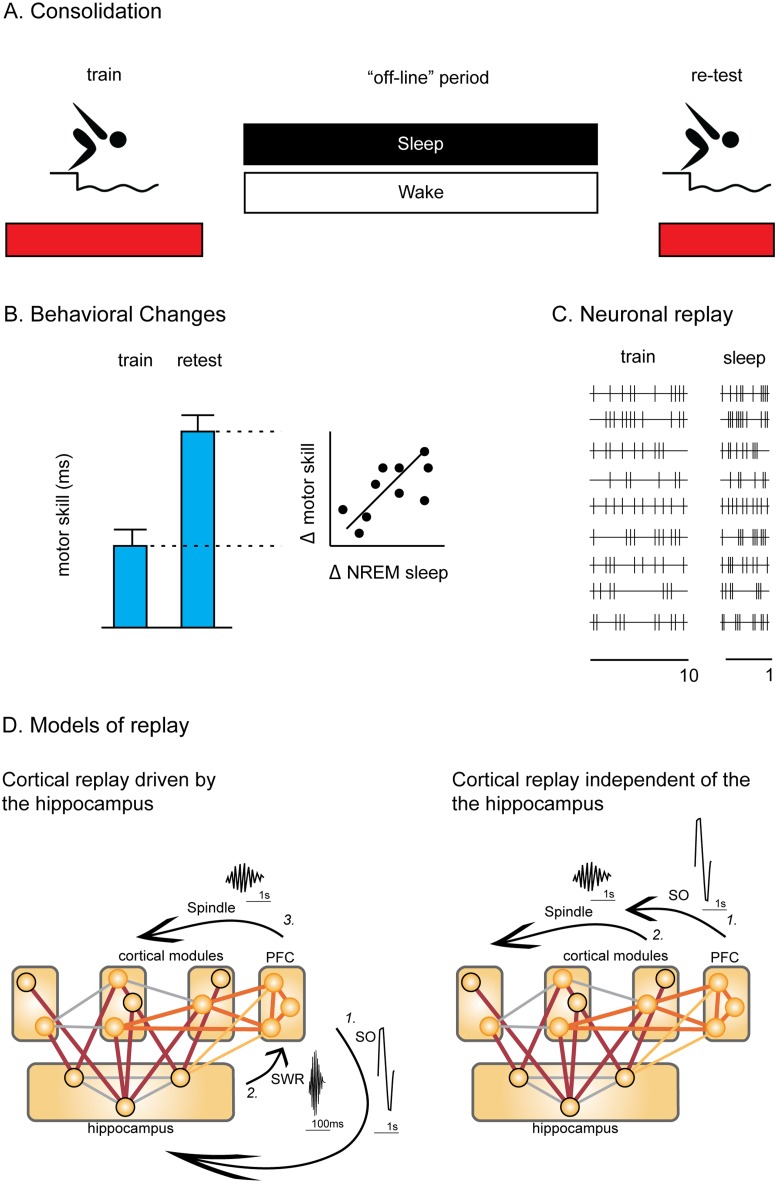Fig 1. Neuronal replay and memory consolidation.
(A) Following their acquisition at training, memories for motor skills continue to be processed off-line during wake or sleep. (B) These off-line process consolidate a memory, leading to motor skill improvements developing over sleep, which are often correlated with changes in non-rapid-eye-movement (NREM) sleep (for example, spindles; see Box 1). (C) Patterns of neural activity observed during learning are replayed seven to ten times faster off-line during sleep. (D) Cortical replay may be due to hippocampal replay (left): (1) replay is initiated by a slow oscillation (SO) starting in the prefrontal cortex that travels to the hippocampus, where it is followed (2) by a sharp-wave ripple (SWR) that is accompanied by hippocampal replay. Subsequently, prefrontal cortical replay is initiated via the hippocampal-prefrontal cortex pathway (light orange), and transmitted (3) to other cortical areas, i.e., the motor cortex during sleep spindles. Alternatively, cortical replay may take place independently of the hippocampus (right): (1) A SO occurs and is followed (2) by spindle for local cortical replay and processing. Overall replay is thought to strengthen within-cortical networks (lines in cortex in grey and orange) of memory encoding modules (circled in orange). Non-relevant information is not consolidated within the cortex (circled in black).

